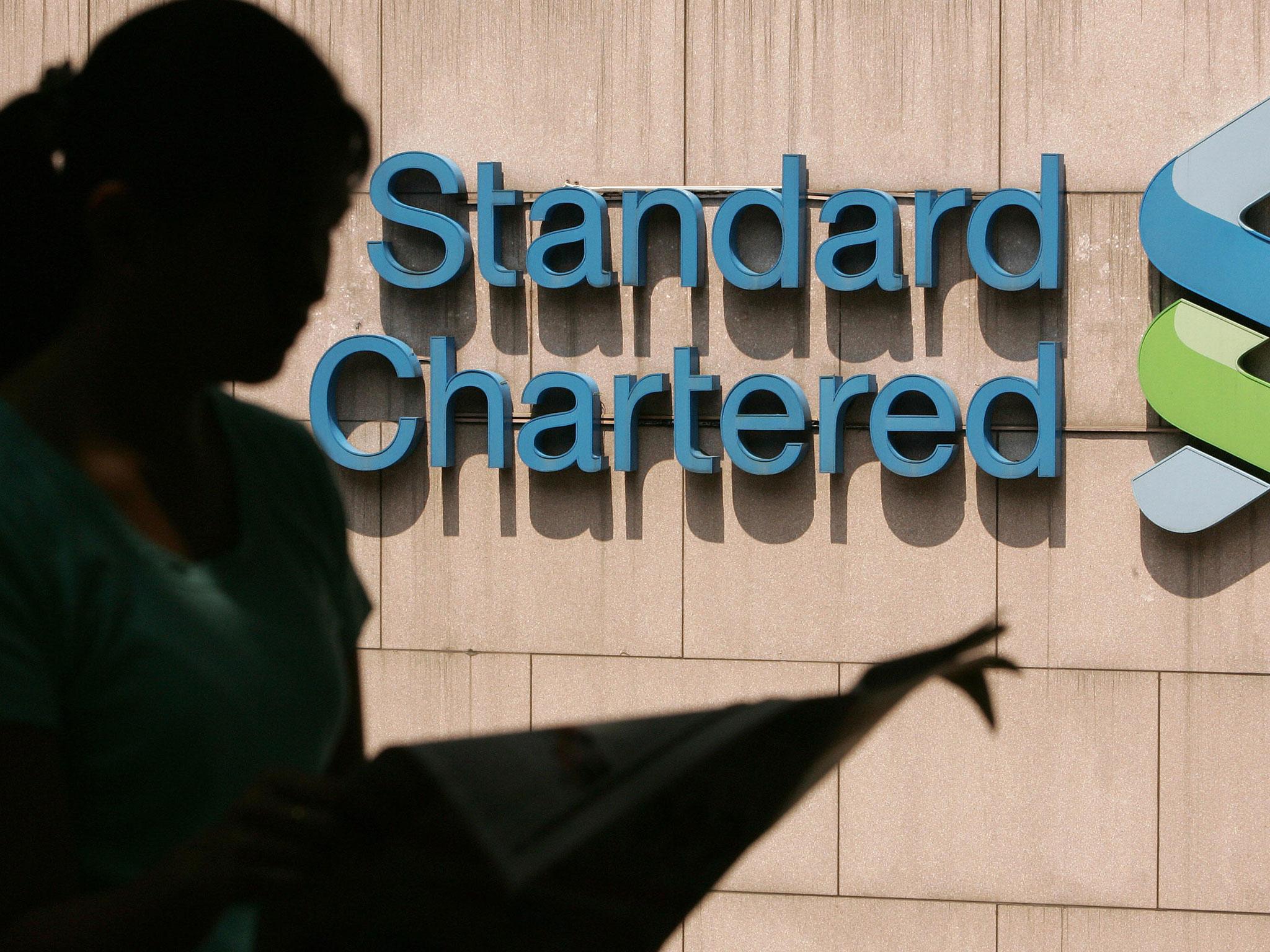
Standard Chartered ended its search for a new finance director yesterday by appointing the former Vodafone executive Andy Halford.
The 55-year-old will join the Asia-focused lender next month and succeed Richard Meddings, who quit in January during a difficult period for the group, which was also hit by a $340m (£202m) fine for alleged money laundering in the US and a string of disappointing trading statements as turbulence in Asia hit its profits.
The move will put him in the running to succeed Standard Chartered’s chief executive Peter Sands when he eventually steps down, although the bank’s succession planning remains unclear. Mr Sands said: “Andy is an outstanding finance director with deep experience of managing a complex, international business in dynamic and changing markets. He will bring complementary expertise to our team as we continue to grow our business and drive further value for our shareholders.”
Mr Halford left Vodafone in March after 15 years at the mobile phone operator, including the last nine as finance director. He quit after overseeing Vodafone’s $130bn deal to sell its 45 per cent stake in Verizon Communications, the third-largest ever corporate deal. By joining Standard Chartered, he could earn up to $6.3m a year, plus other benefits. He will be paid a salary of $1.4m and an annual allowance of $700,000 that is paid in shares over five years and could earn a bonus of up to twice his fixed pay.
Earlier this month, more than 40 per cent of Standard Chartered’s shareholders opposed the company’s pay policy at its annual meeting, even though Mr Sands took a 21 per cent cut in his annual bonus and the overall bonus pool across the bank fell by 15 per cent to £772m.
Investors opposed the bank’s new pay structure that included a motion to allow bonuses of up to 200 per cent of salaries, the maximum allowed under the European Union’s bonus cap rules. “We are clearly concerned that a significant minority of shareholders voted against the bank’s new remuneration policy,” the bank said at the time. “We acknowledge their views and reflect on them.”
Subscribe to Independent Premium to bookmark this article
Want to bookmark your favourite articles and stories to read or reference later? Start your Independent Premium subscription today.

Join our commenting forum
Join thought-provoking conversations, follow other Independent readers and see their replies